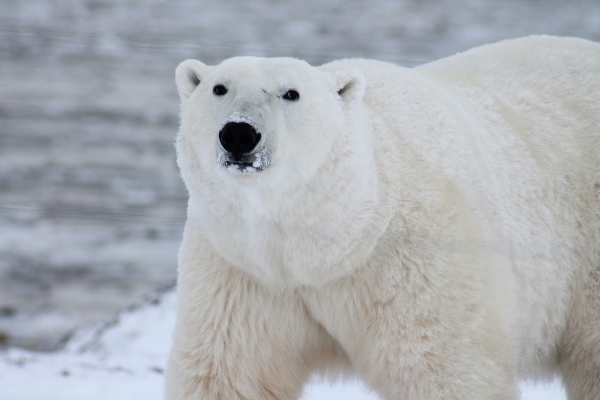As the United Nations marks World Wildlife Day on March 3, UBC zoology professor Dr. Kaitlyn Gaynor (she/her) discusses how climate change is affecting wildlife, and why that can spell bad news for humans and animals alike.
Dr. Gaynor recently co-authored a paper in Nature Climate Change, with colleagues at the University of Washington, that describes the different ways in which climate change is leading to more conflict between humans and animals around the globe.
Climate change is pushing animals around the landscape, and their distributions and behaviours are changing as they seek out more suitable temperatures, climates, and available food. These responses of animals are increasing the chances that they’re going to be interacting with people in ways that are undesirable for people. If their wild food availability is decreasing, for example, they might be more likely to feed on human foods, whether it’s trash or livestock or agriculture.
Read more at: University of British Columbia
Photo Credit: 358611 via Pixabay


